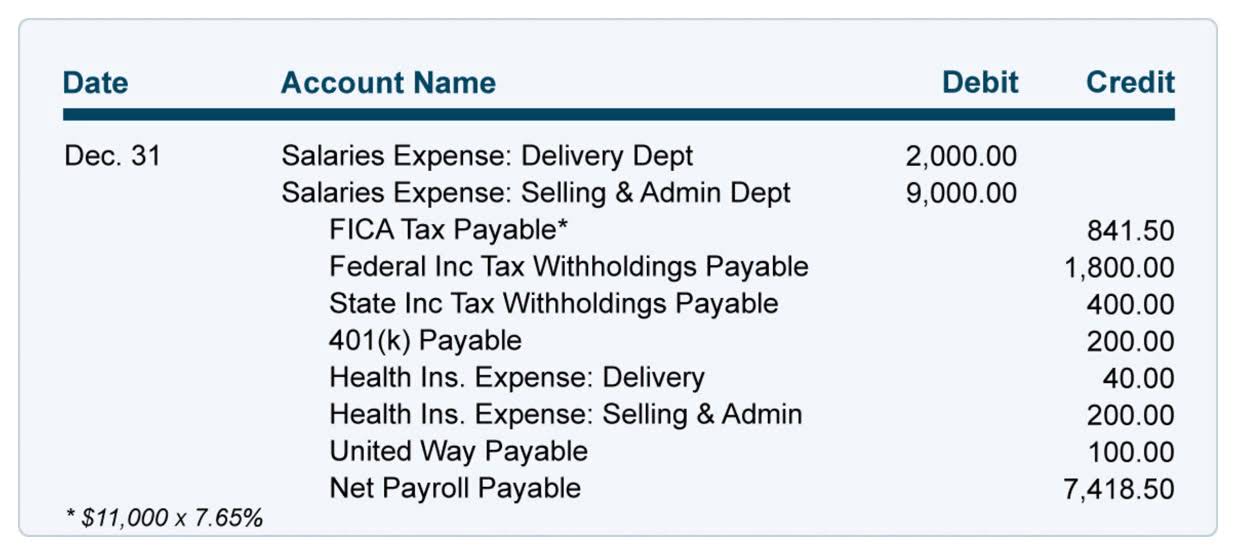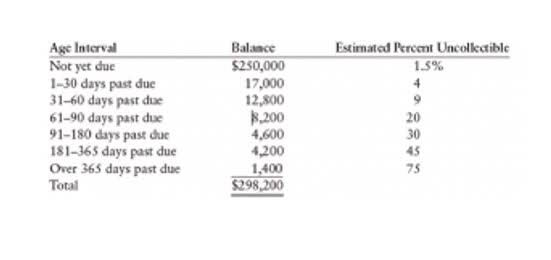
Using our example, if the company was unable to collect the $2,000 from the customer at the 12-month maturity date, the following entry would occur. Notes receivable usually arise when accounts receivable are converted to notes receivable when the customer wants to extend the https://www.bookstime.com/articles/statement-of-comprehensive-income date of payment and in return agrees to pay interest. Notes receivable also arise when a business lends an amount to another party against a documented promise to pay it back. Before realization of the maturity date, the note is accumulating interest revenue for the lender.
6 Explain How Notes Receivable and Accounts Receivable Differ
Rather, they are usually referred to in the footnotes of the financial statements. If the maker pays the bank, the contingent liability will end; if the maker defaults, the contingent liability will become a real liability. This means that the notes receivable meaning company discounting the note, known as the endorser, guarantees the eventual full payment of its maturity value. Discounting means selling or pledging a customer’s notes receivable to the bank at some point prior to the note’s maturity date.
Where Can Notes Receivable Be Found in the Balance Sheet?
The conditions of the note are that the principal amount is $250,000, the maturity date on the note is 24 months, and the annual interest rate is 12%. In contrast, notes receivable (an asset) is a more formal legal contract between the buyer and the company, which requires a specific payment amount at a predetermined future date. The examples provided account for collection of the note in full on the maturity date, which is considered an honored note.
What is a Note Receivable?
Shaun Conrad is a Certified Public Accountant and CPA exam expert with a passion for teaching. After almost a decade of experience in public accounting, he created MyAccountingCourse.com to help people learn accounting & finance, pass the CPA exam, and start their career. Our writing and editorial staff are a team of experts holding advanced financial designations and have written for most major financial media publications. Our work has been directly cited by organizations including Entrepreneur, Business Insider, Investopedia, Forbes, CNBC, and many others. The articles and research support materials available on this site are educational and are not intended to be investment or tax advice. All such information is provided solely for convenience purposes only and all users thereof should be guided accordingly.
- Notes receivable are written commitments without conditions in which an individual or business pledges to pay a specified amount at a predetermined date or upon request.
- When interest will be paid on a Note Receivable is specified in the promissory note.
- So far, our discussion of receivables has focused solely on accounts receivable.
- For example, a note dated 15 July with a maturity date of 15 September has a duration of 62 days, as shown below.
- Periodic interest accrued is recorded in Interest Revenue and Interest Receivable.
- The remaining principal of the note receivable is reported in the noncurrent asset section entitled Investments.

In contrast, notes receivable (an asset) is a more formal legal contract between the buyer and the company, which requires a specific payment amount at a predetermined future date. The length of contract is typically over a year, or beyond one operating cycle. There is also generally an interest requirement because the financial loan amount may be larger than accounts receivable, and the length of contract is possibly longer. A note can be requested or extended in exchange for products and services or in exchange for cash (usually in the case of a financial lender). Several characteristics of notes receivable further define the contract elements and scope of use. To illustrate notes receivable scenarios, let’s return to Billie’s Watercraft Warehouse (BWW) as the example.



What is a Note Receivable? (Definition, Explanation, and Journal entry)
- Accounts receivable is an accounting term that refers to sales for which payment has not yet been received.
- Accounts receivable refers generally to any transaction in which the customer has not paid in full for what they have received.
- The credit can be to Cash, Sales, or Accounts Receivable, depending on the transaction that gives rise to the note.
- A note receivable is a promissory note made by a maker to a payee promising to repay a specified amount at a future time.
- Interest income account is credited when the interest received has not been recognized already.